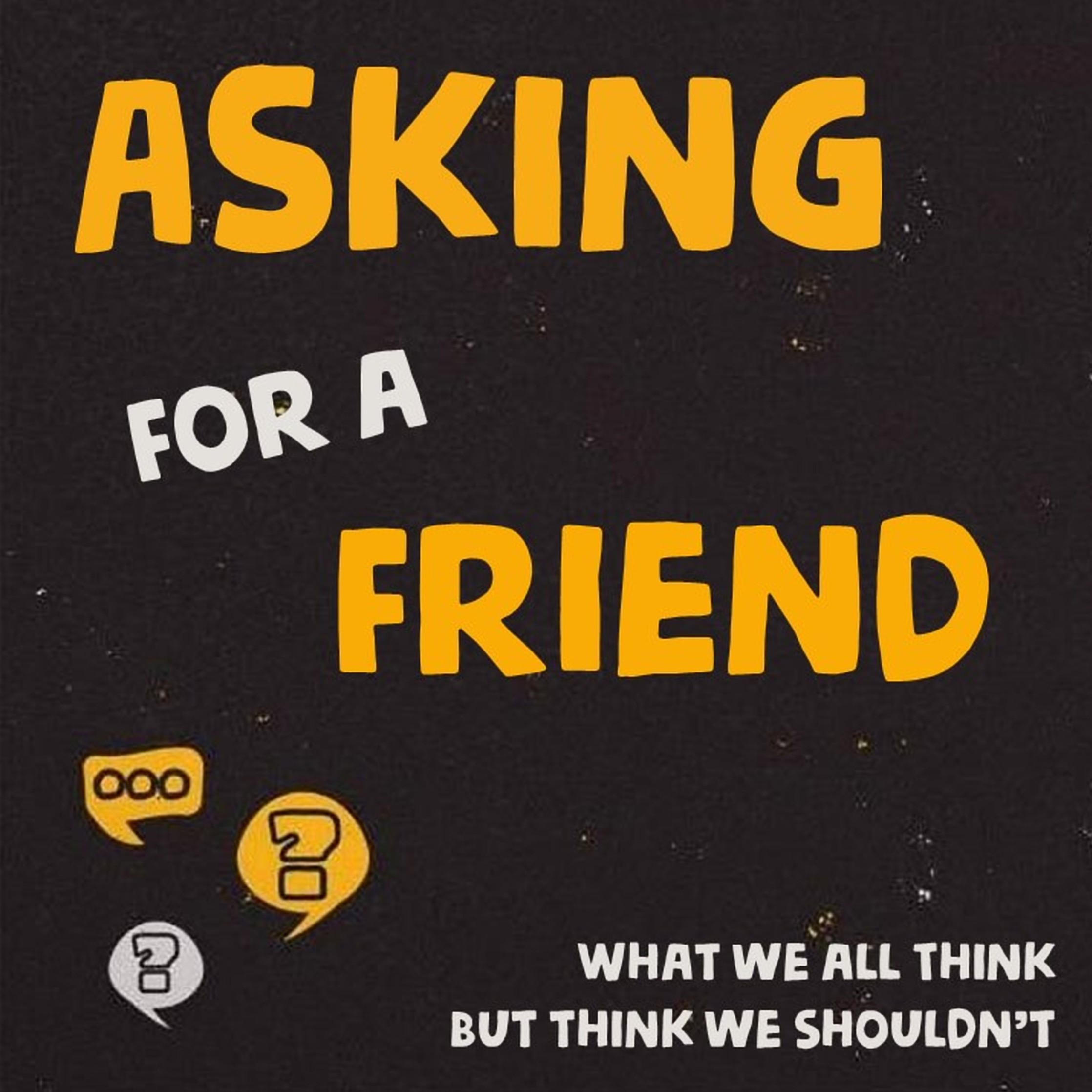Regardless of how healthy we are, how much bottled water we drink, and how many hours we spend doing cardio, one thing is still certain: we’re going to die one day. The death rate has always been one-per-person.
From God’s perspective, this means death is not an accident. It’s an appointment.
Still, for many, it’s an unnerving appointment. When our loved ones die, survivors find it to be a painful, sad appointment. But in spite of the regularity of death, we never quite get to a point where we’re “ok” with it—especially when it means losing someone we hold dear.
Often, death—and all of its accompanying sorrow—causes us to ask: What’s the point?
Why are we allowed to live and love if we’re just going to die anyway?
That’s what Solomon addresses this week. His conclusion: based on your view of God, death either renders everything utterly meaningless or beautifully meaningful.
(This message is based on Ecclesiastes 9.1-18)
Podcast: Download (Duration: 46:21 — 42.6MB)









